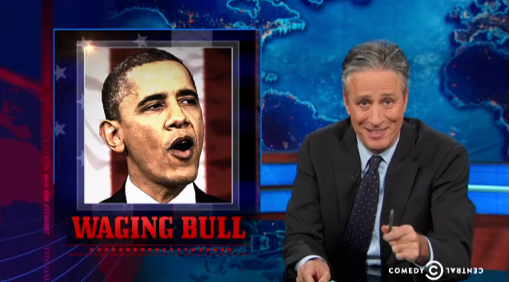On January 19, 2014 I posted a column entitled “Deflation: The Failed Macroeconomic Paradigm Plumbs New Depths of Self-Parody” that discussed the insanity of the Eurozone’s approach to “the threat of deflation.” The EU’s troika cannot understand that deflation is produced by inadequate demand and that the way to prevent it is to use fiscal policy to fill the gap in demand rather than waiting for deflation to hit and then trying to check it through “quantitative easing (QE).”
My January 25, 2014 column (“Spain Rains on Rehn’s Austerity Victory Parade: Unemployment Rises to 26%”) explained how a few weeks after the troika cited Spain as its success story proving the wisdom of austerity, unemployment in Spain – already above Great Depression levels – increased to 26%.












